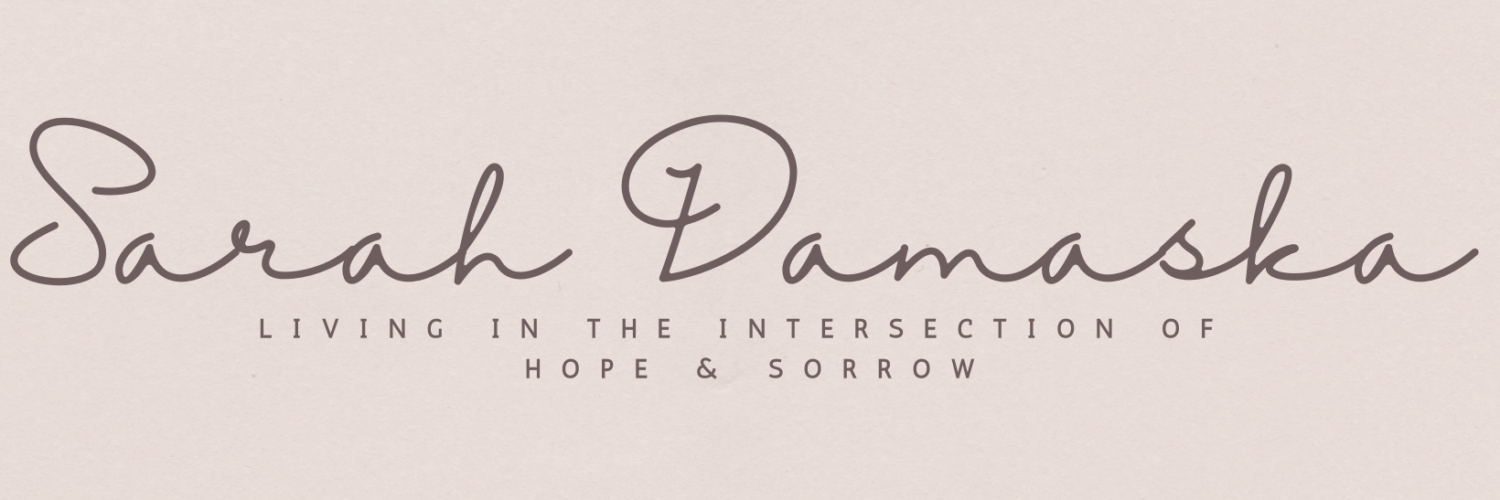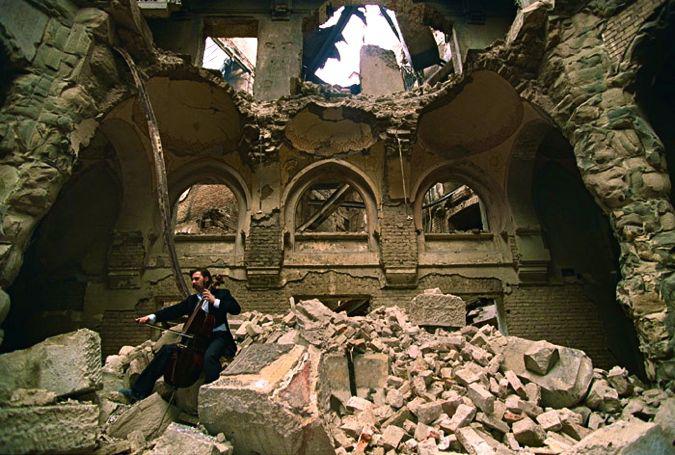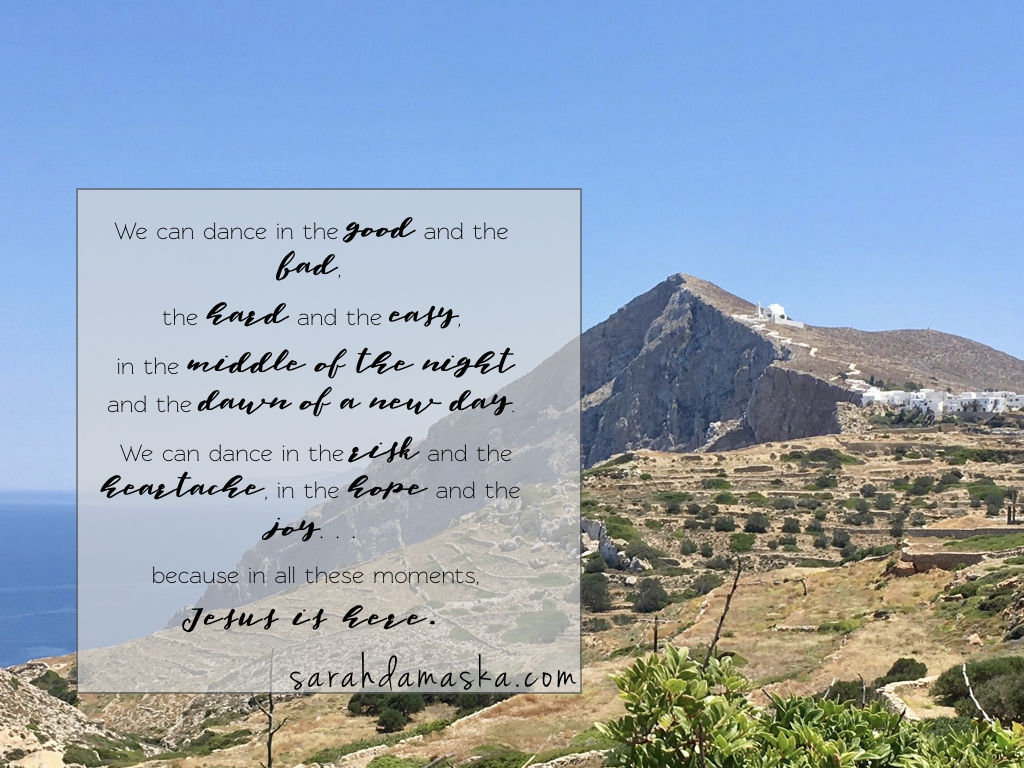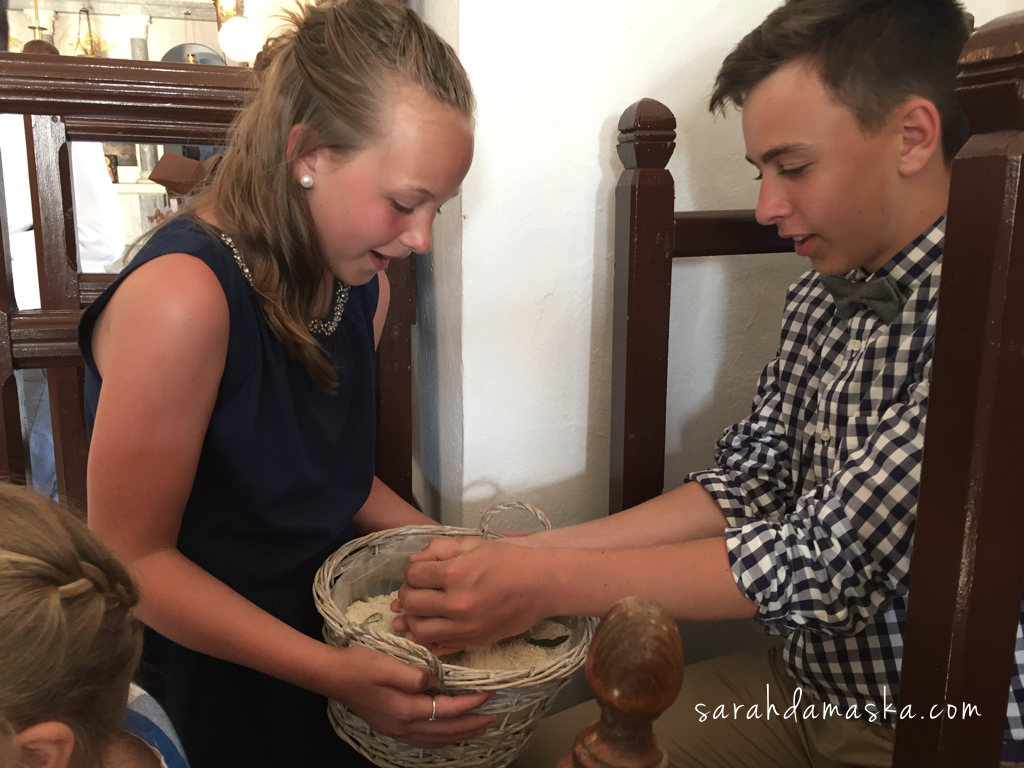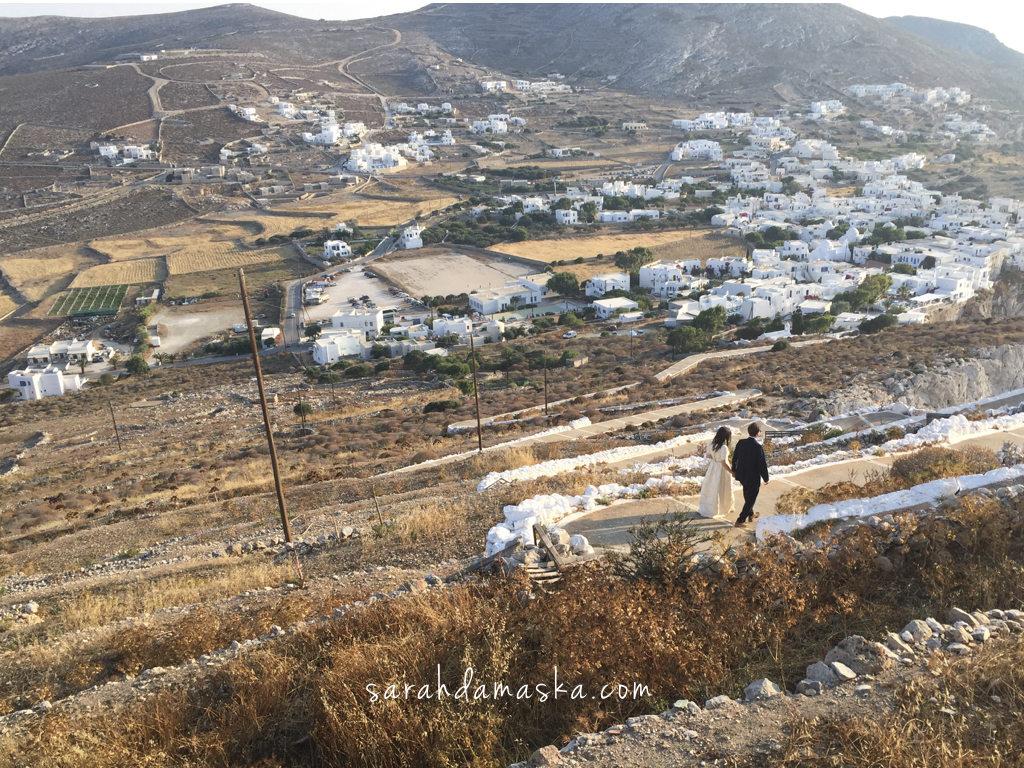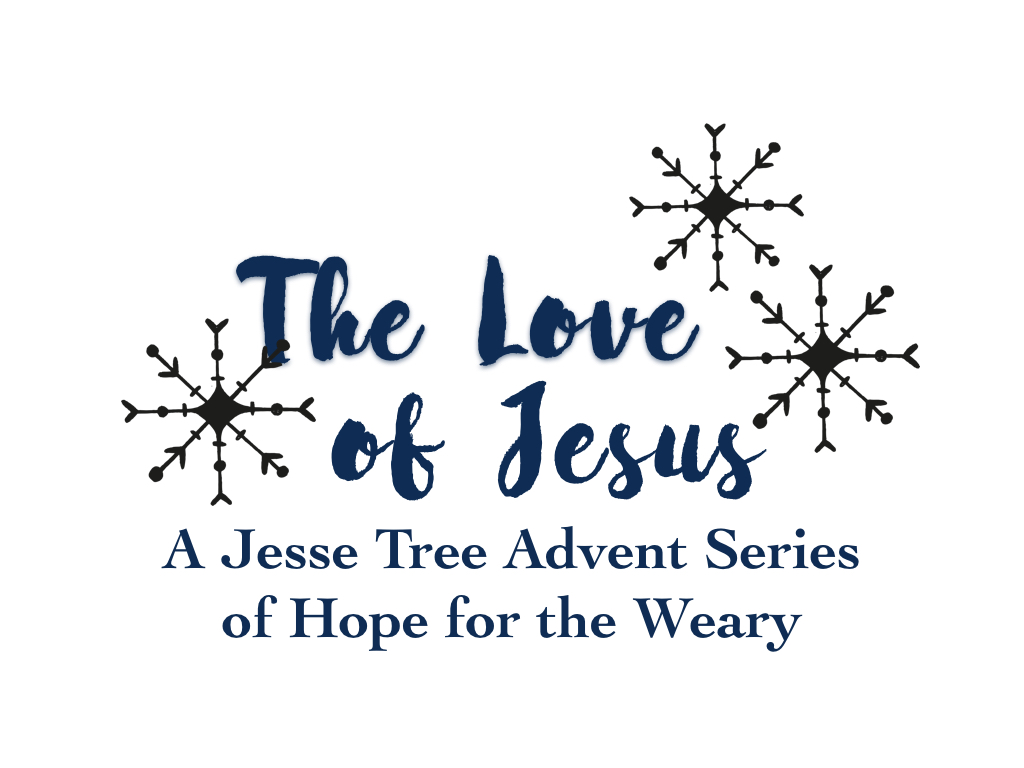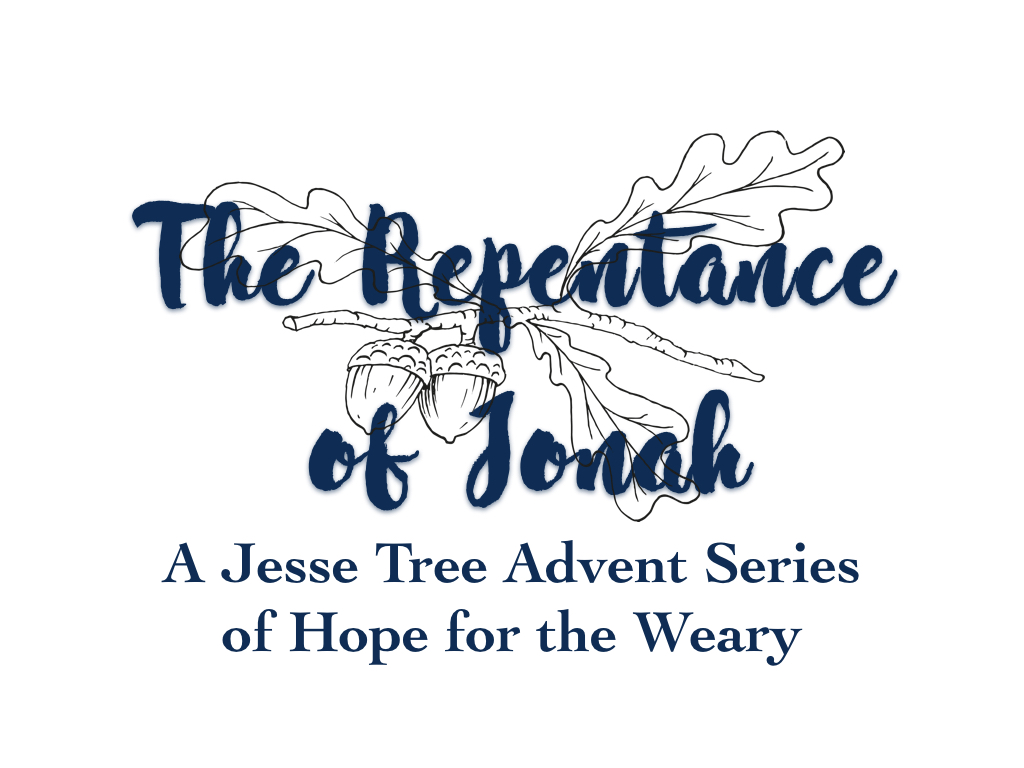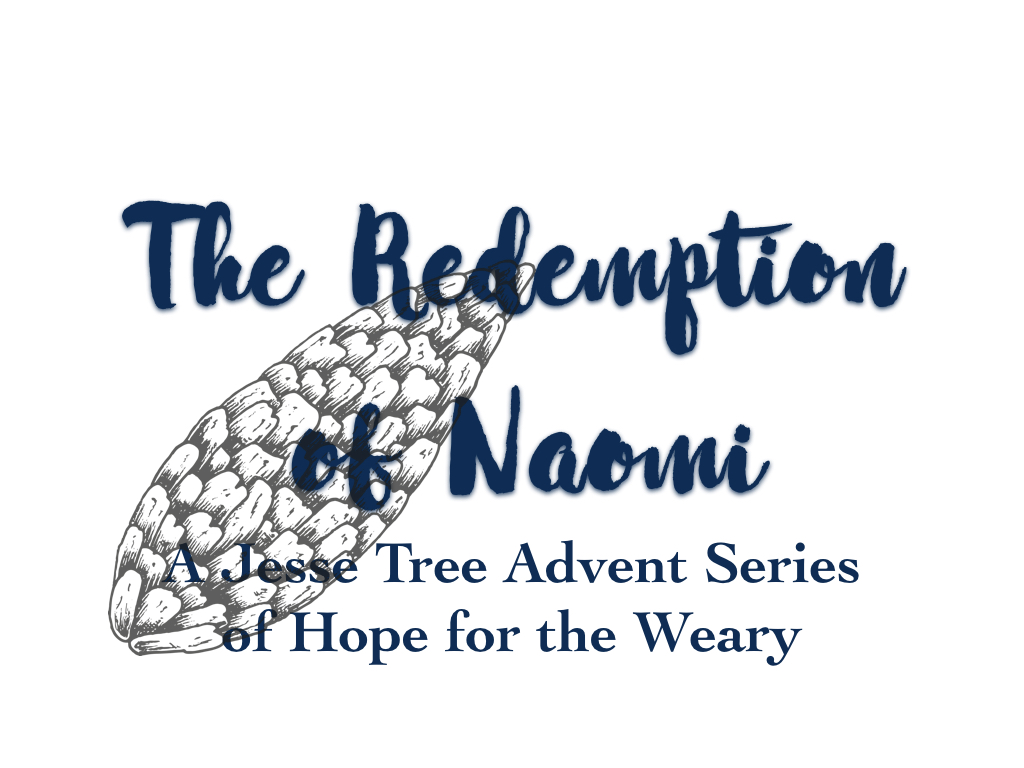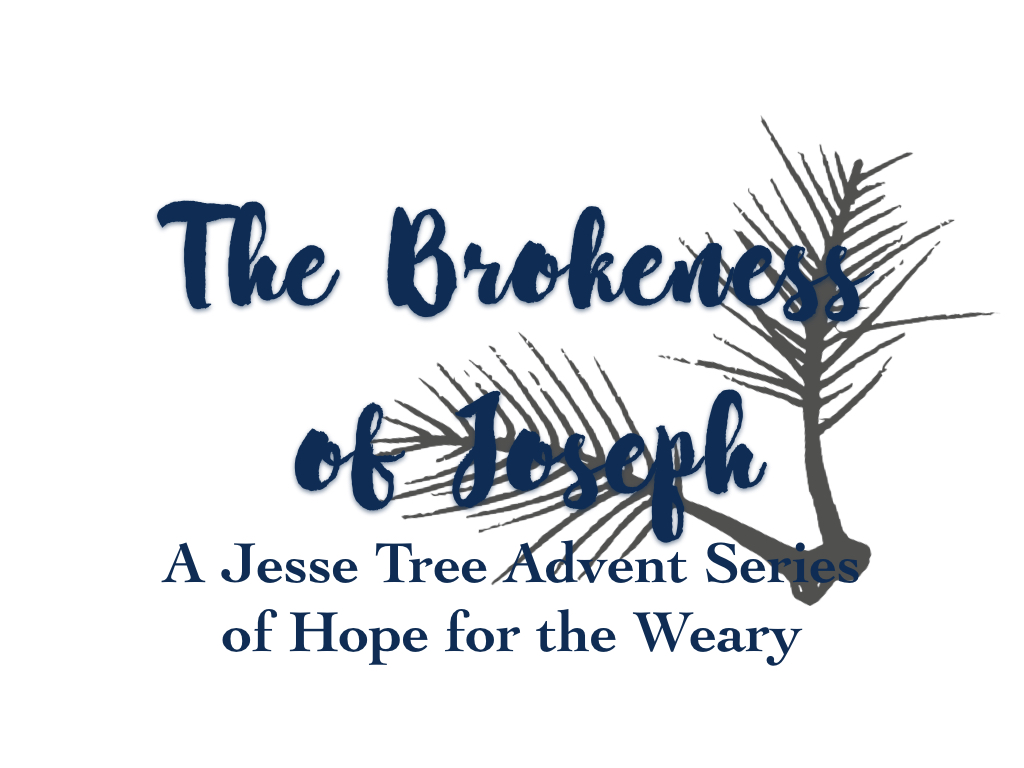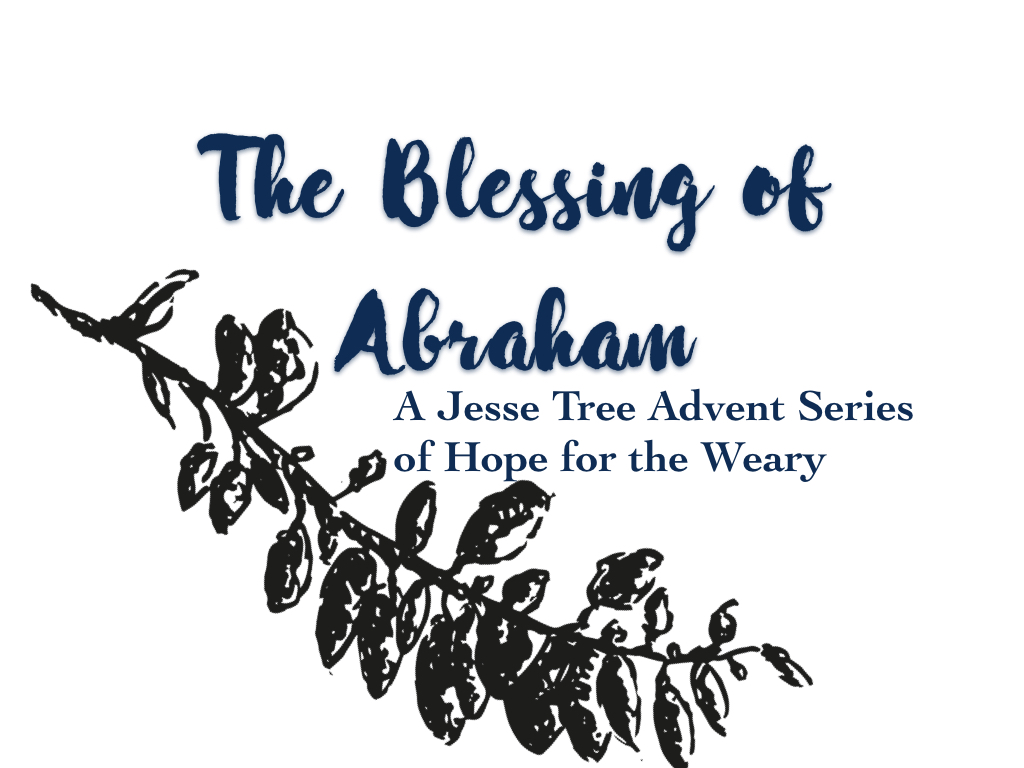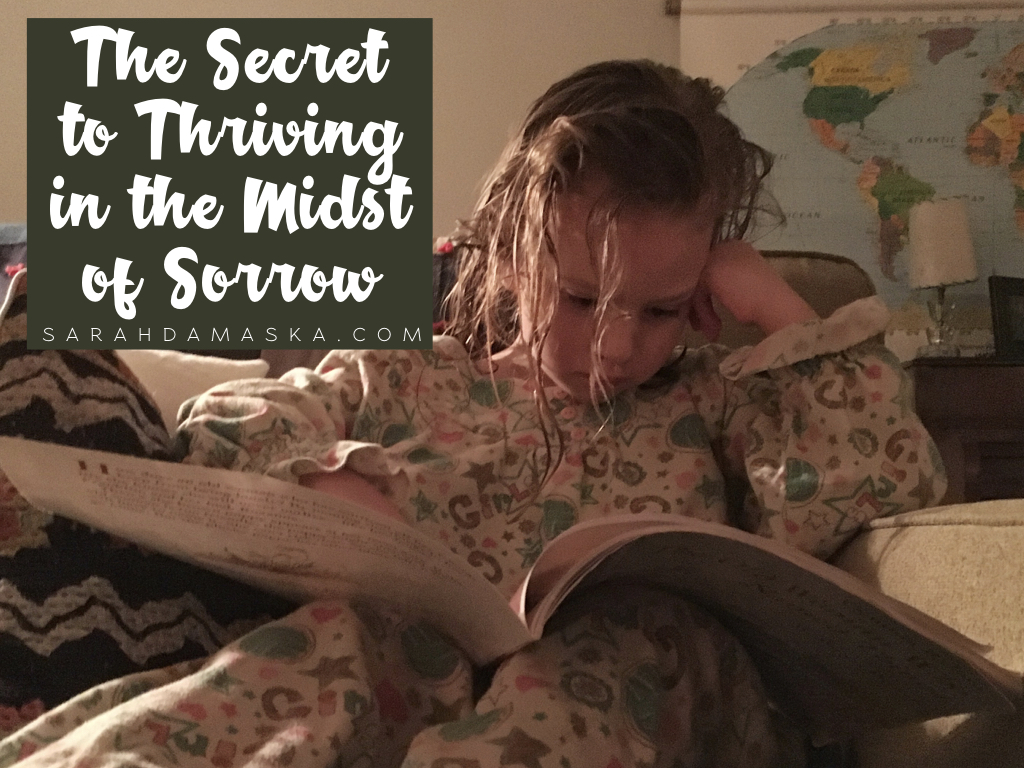
Once there was an old woman who loved to name things.
She named the old car she drove “Betsy.”
She named the old chair she sat in “Fred.”
She named the old bed she slept on “Roxanne.”
And she named her old house “Franklin.”
Every morning she would get out of Roxanne, have a cup of cocoa in Fred, lock up Franklin, and drive to the post office in Betsy. She always hoped for a letter from someone, but all she ever got was bills.
The reason the old woman never got any letters was because she had outlived every single one of her friends. This worried her. She didn’t like the idea of being a lonely old woman without any friends, without anyone whom she could call by name.
So she began to name things. But she named only those things she knew she could never outlive. Her car, Betsy, had more get-up-and-go than anything around. Her chair, Fred, had never sagged a day in his life. Not one creak or moan had she ever heard out of her old bed, Roxanne. And her house, Franklin, had been standing straight for over a hundred years and still didn’t look a day past twenty.
The old woman never worried about outliving any of them, and her days were happy.
— From The Old Woman Who Named Things by Cynthia Rylant
I sat through two unrelated funerals last week— one on Thursday, one on Friday. Two women sat alone in the front row of each, newly widowed. The one from a husband who quickly died of a newly diagnosed cancer; the other just six weeks pregnant with their first child. If there’s one thing I’ve learned as I watch my pastor-husband speak words over grieving people, it’s that grief doesn’t play favorites. No one gets a free pass from sorrow.
C.S. Lewis wrote, “To love at all is to be vulnerable. Love anything and your heart will be wrung and possibly broken. If you want to make sure of keeping it intact you must give it to no one, not even an animal. Wrap it carefully round with hobbies and little luxuries; avoid all entanglements. Lock it up safe in a casket or coffin of your selfishness. But in that casket- safe, dark, motionless, airless— it will change. It will not be broken; it will become unbreakable, impenetrable, irredeemable. To love is to be vulnerable.”
I watched those two fresh widows at the funerals of their husbands. I haven’t buried a husband, but I’ve buried a child. It’s not the same, but it’s not altogether different. And while my eight year grief is familiar, I don’t have to look hard to find someone who is just experiencing it fresh. The ache for it all goes too deep for words.
We live in a world awash with sorrow.
That’s exactly why the Old Woman Who Named Things named only the things she couldn’t outlive. My kids giggle when I read it to them… but the element of truth is never lost on me. There’s a message to the book that makes me squirm a bit.
Because it’s vulnerable to love someone. It feels like a risk because it is. When the sorrow comes, we can be tempted to never fall for that trap again. The memories that brought joy and laughter turn to tears and sadness. The days turn into something we just try to survive, one lonely step at a time.
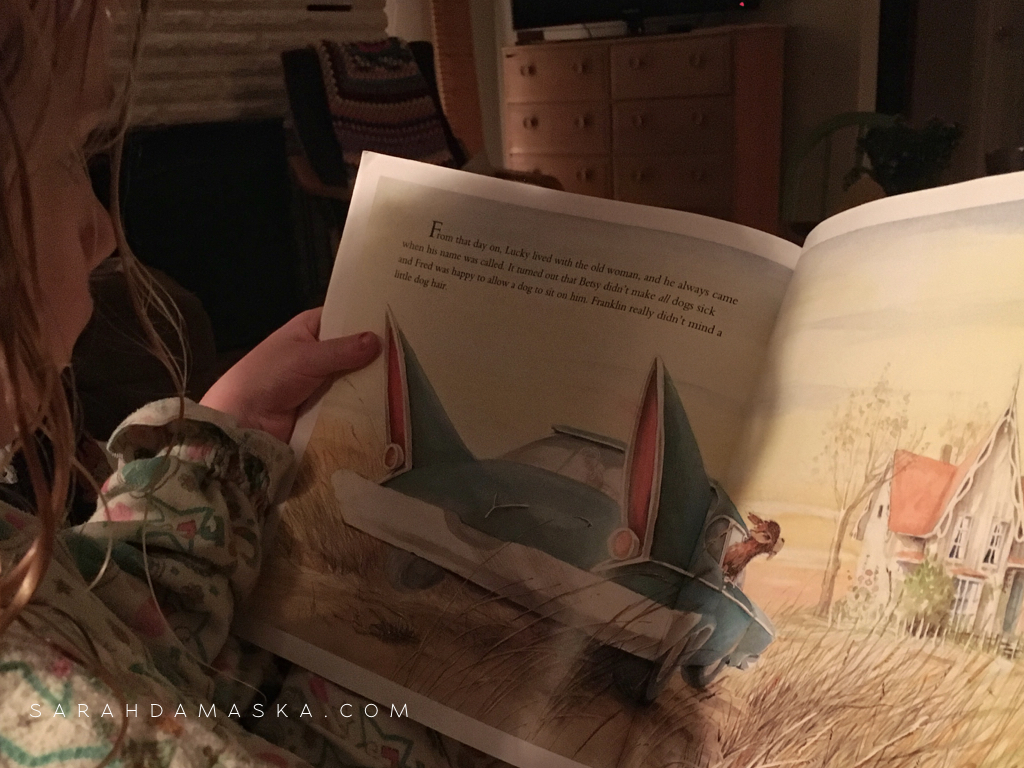
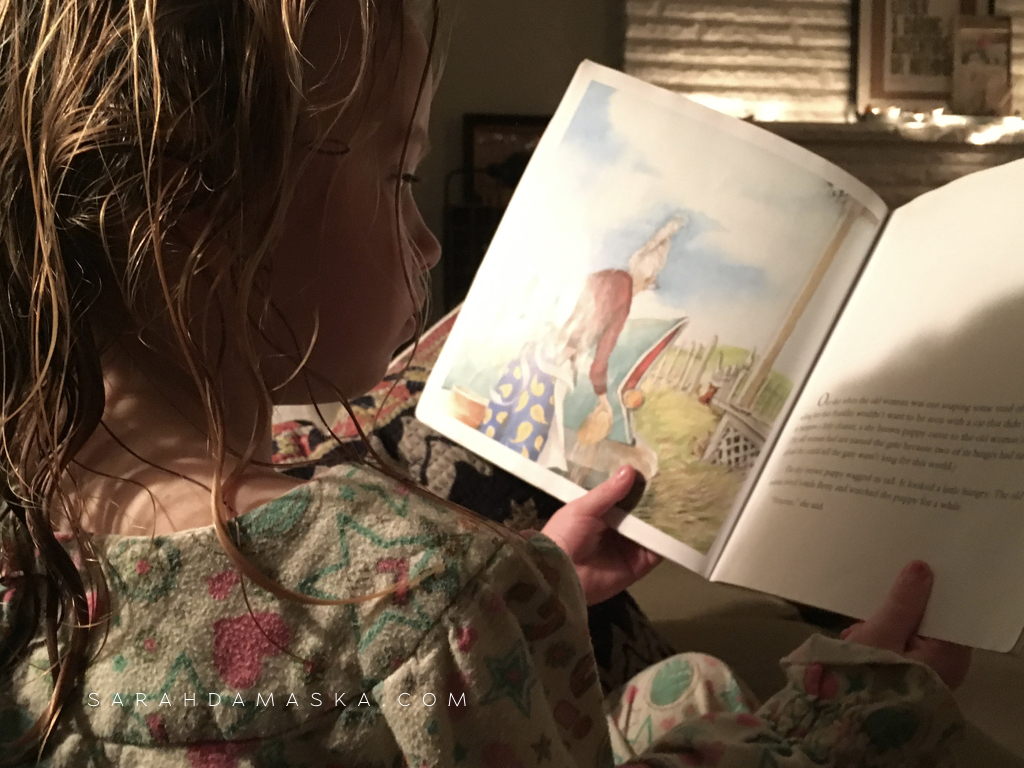
As the story goes on, the old woman was out washing mud off of Betsy (She’s the car if you’re not keeping up) when she sees a shy brown puppy in the distance.
“The old woman gave the ham to the hungry puppy and told it to go home. She told it that Betsy always made puppies sick and Fred never allowed puppies to sit on him and Roxanne wasn’t wide enough for a puppy and an old woman to fit on, and besides all this, Franklin couldn’t tolerate dog hair.”
You can see where this is going. The old woman kept thinking about that puppy, kept telling herself she might not outlive a puppy and therefore couldn’t risk naming it. The dog kept returning each day and each day she would tell it to go home, stubbornly refusing to name it.
She thought she was pretty clever, that her heart was locked up safe… until one day the dog didn’t come to visit her. And the old woman was shocked to discover that she was sad.
“The old woman made a decision. She locked up Franklin and drove Betsy to the dogcatcher’s kennel.
She said to the dogcatcher, ‘I’ve come to find my dog.’
He asked her what color it was.
‘It’s brown,’ she said.
He asked her how old it was.
‘About a year old,’ she said.
Then he asked her what its name was.
The old woman thought a moment. She thought of all the old, dear friends with names whom she had outlived. She saw their smiling faces and remembered their lovely names, and she thought how lucky she had been to have known these friends. She thought what a lucky old woman she was.
‘My dog’s name is Lucky,’ she told the dogcatcher.”
You can guess the ending, because it’s a happy one. It’s the ending we wish for sweet old women who name things. But when we’re the one crying tears for the ones we’ve lost, it doesn’t always come so easy.
If we are people who live in the intersection of sorrow and hope, how can we continue to love and also allow room for our hearts to be broken? How do we let others see our heartache, without isolating ourselves from those who want to help? How do we give ourselves the grace to enter into our sorrow without being afraid of the future? How do allow Jesus to redeem our sadness?
James writes to us,
“Consider it a sheer gift, friends, when tests and challenges come at you from all sides.
You know that under pressure, your faith-life is forced into the open and shows its true colors.
So don’t try to get out of anything prematurely.
Let it do its work so you become mature and well-developed, not deficient in any way.”
(James 1:2-4)
I won’t even pretend to assume anything about where you are in the journey today. But can I gently whisper to you a challenge to find a way to do more than survive in your sorrow? I believe Jesus wants us to thrive, no matter what circumstances we’ve faced. I believe He gives us just what we need to make it through each day. When we live in the intersection of hope & sorrow, we don’t move on from our grief, but we do move forward in life. Let Christ do His work in you.
Today, may you find a way to thrive. May you see the slightest glimmer of light in a world that seems very black and white. May you have the bravery to look up and out, to take a deep breath and feel the sun on your face. May you be reminded of what you can be thankful for and the others in your path who are hurting also.
May you have courage to allow your heart to stay breakable.

{Hello.} I get it. It’s easy to be overwhelmed at the grief of life. But I believe Jesus calls us to live in the intersection of hope & sorrow, redeeming the broken places and calling us to live with hearts of joy. I’m Sarah and I’d love to invite you along for the journey.
Click here if you’d like to join me.
Like this:
Like Loading...

